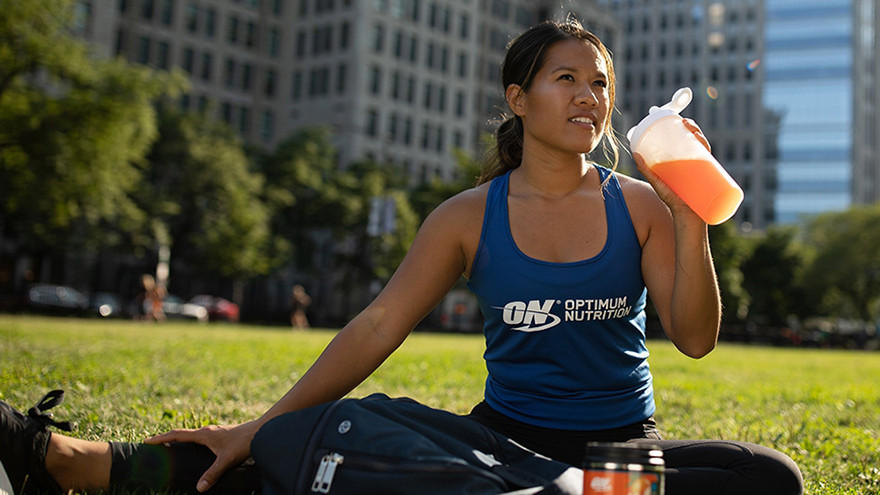
February 12th 2021
ELECTROLYTES PART 7: SHOULD I SUPPLEMENT WITH ELECTROLYTES?
Sweat is primarily made up of water and also contains variable amounts of electrolytes (minerals). It is a completely normal response to exercise to help regulate body temperature. How much you sweat is closely linked to hydration status. The more you sweat, then more you may lose water and electrolytes, which can offset your bodies fluid balance. The rate at which you sweat really depends on you and the situation. Not everyone sweats the same. How much sweat is released during activity depends on you, gender, age, body composition, fitness, level, environmental conditions, and activity. Let’s take a closer look at how your sweat rate could be influenced.
Age and Gender: Sweat rates may decrease with age. Also, men generally tend to sweat more than women.
Fitness Level: Your sweat rate is dependent upon your fitness level and weight. Well-trained individuals actually sweat more than less fit people. The body becomes more efficient at regulating body temperature, therefore can start initial cooling mechanisms faster.
Environmental Conditions: Heat and humidity can also negatively affect your ability to sweat. Remember, sweat needs to evaporate from the skin in order to release heart. Therefore, if it’s too hot or humid, then the body cannot release heat as easily.
Activity: High-intensity and long-duration activities can cause sweat levels to rise. The harder and longer you work, then the more you perspire. Endurance and team sports athletes (soccer players, football players, rugby players, marathon runners, triathletes) may have a high sweat rate and experience significant water losses during events and competitions.
A key element to assess whether or not you may want to consider a supplement is overall sweat loss. Generally, the person who is in the gym for less than an hour and doing a low-intensity exercise may just want to hydrate with water. However, individuals who are engaging in high-intensity and prolonged activities may want to consider an electrolyte containing beverage. These are more so your elite athletes, endurance athletes and sports-driven athletes: Volleyball. Football. Soccer. Basketball. Rugby. Cycling. Running. Swimming.
Ask yourself:
- Is an electrolyte imbalance going to be a potential concern?
- Is dehydration a potential concern?
- Is my training greater than an hour?
- Is my sweat rate excessive?
- Is the event indoors or outdoors?
- Is there extreme heat/humidity?
If fluid levels get too low, then it can be challenging to rehydrate and replenish electrolytes quickly. As little as 2% dehydration can result in a decrease in performance. If you’re dehydrated then you may see early signs including thirst, flushed skin, premature fatigue and increased perception of effort. However, it can be challenging to recognize thirst during activity. Be mindful of your hydration and electrolyte intake as it could impact performance.
In all, not everyone needs an electrolyte-based supplement. Often times the average healthy adult can secure enough electrolytes through a well-balanced, varied diet. However, if activity is greater than an hour or if sweat losses are excessive, then you may rehydrate with electrolytes. You can prepare an electrolyte-based beverage ahead of time, use gels or convenient ready-to-drink options. Find what best fits your needs and helps support your performance goals.